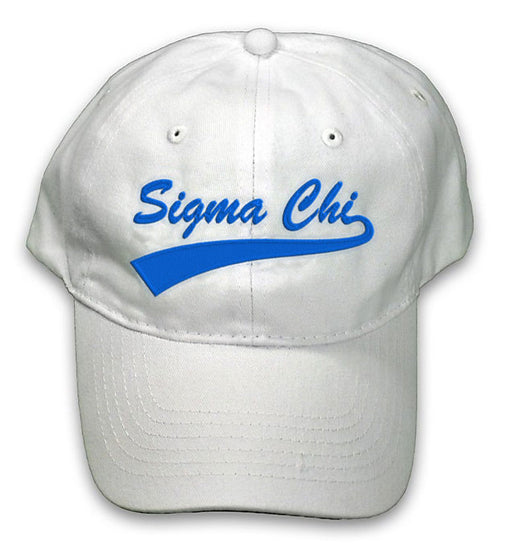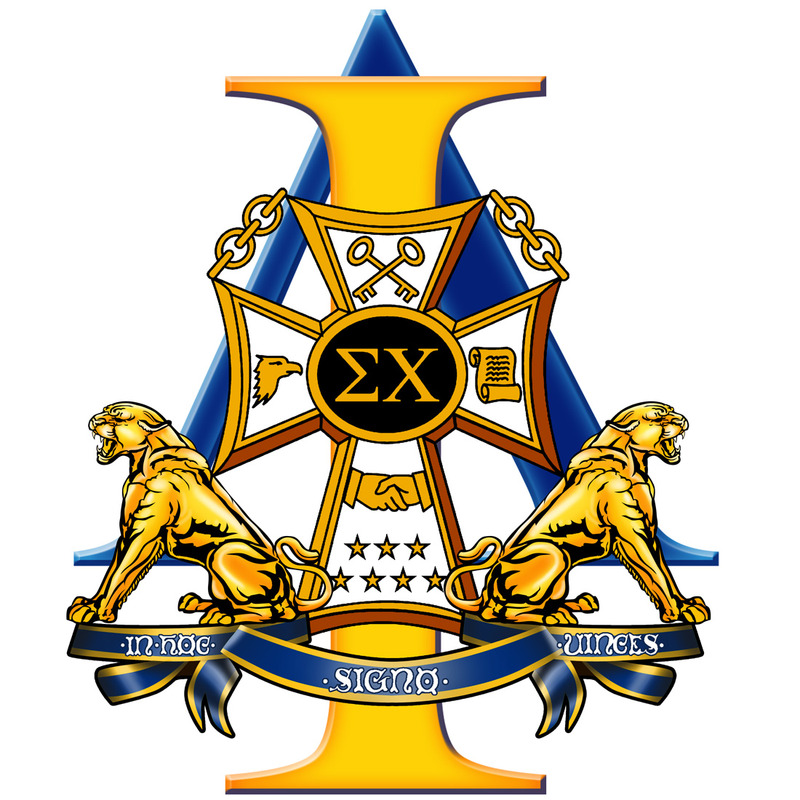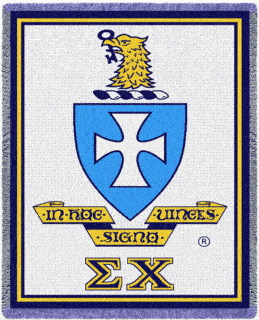


The Deltas all fail and their grade-point averages drop so low that Wormer tells them he needs only one more incident to revoke their charter and have them permanently dismissed from campus. Neidermeyer, who has been bullying Flounder, as well as Otter flirting with Marmalard's girlfriend, Mandy Pepperidge, who Otter had previously slept with.īluto and D-Day steal the answer key to an upcoming psychology test from the trash, unaware that the Omegas have switched it for a fake. Various incidents deepen the animosity between Delta, Omega, and Wormer, including the prank-related accidental death of a horse that belongs to Omega member and ROTC Cadet Commander Douglas C. Wanting to remove the fraternity from campus, Dean Vernon Wormer directs Gregg Marmalard, the smug Omega president who is also impotent, to find a justification for him to do so. Meanwhile, Chip Diller is accepted into Omega house and given a paddling to show his allegiance.ĭelta is on probation due to campus conduct violations and poor academic standing. Larry and Kent are accepted as Delta pledges and given the fraternity names "Pinto" and "Flounder," respectively. Finding themselves ostracized at the prestigious Omega Theta Pi house party, the two visit the Delta Tau Chi house next door Kent believes he cannot be rejected because his older brother Fred was a member, making him a "legacy." During the party, they meet the slovenly John Blutarsky ("Bluto"), chapter president Robert Hoover ("Hoov"), smooth-talking Eric Stratton ("Otter") and his best friend Donald Schoenstein ("Boon"), motorcyclist Daniel Simpson Day ("D-Day"), and Boon's girlfriend Katy. In Fall 1962, Faber College freshmen Larry Kroger and Kent Dorfman seek to pledge a fraternity. 279 of "The 500 Greatest Movies of All Time". In 2008, Empire magazine selected it as No. 100 Laughs" list of the 100 best American comedies. In 2001, the United States Library of Congress deemed National Lampoon's Animal House "culturally, historically, or aesthetically significant" and selected it for preservation in the National Film Registry. Animal House is now regarded as one of the best comedy films of all time. The film, along with 1977's The Kentucky Fried Movie, also directed by Landis, was largely responsible for defining and launching the gross out film genre, which became one of Hollywood's staples. Filmed for only $3 million, it garnered an estimated gross of more than $141 million in the form of theatrical rentals and home video, not including merchandising, making it the highest grossing comedy film of its time. Following its initial release on July 28, 1978, Animal House received generally mixed reviews from critics, but Time and Roger Ebert proclaimed it one of the year's best.

Matheson, also cast as a student, was already a seasoned actor, having appeared in movies and television since the age of 13.įilming took place at the University of Oregon from October to December 1977. Several of the actors who were cast as college students, including Thomas Hulce, Karen Allen, and Kevin Bacon, were just beginning their film careers. Of the younger lead actors, only the 28-year-old Belushi was an established star, but even he had not yet appeared in a film, having gained fame as an original cast member of Saturday Night Live, which was in its third season in the autumn of 1977. Louis, Miller's Alpha Delta Phi experiences at Dartmouth College in New Hampshire, and producer Reitman's at McMaster University in Hamilton, Ontario. Produced by Matty Simmons of National Lampoon and Ivan Reitman for Universal Pictures, it was inspired by stories written by Miller and published in National Lampoon, which were based on Ramis' experience in the Zeta Beta Tau fraternity at Washington University in St.

The film is about a trouble-making fraternity whose members challenge the authority of the dean of the fictional Faber College. It stars John Belushi, Tim Matheson, John Vernon, Verna Bloom, Thomas Hulce, Stephen Furst, and Donald Sutherland. National Lampoon's Animal House is a 1978 American comedy film directed by John Landis and written by Harold Ramis, Douglas Kenney and Chris Miller.


 0 kommentar(er)
0 kommentar(er)
